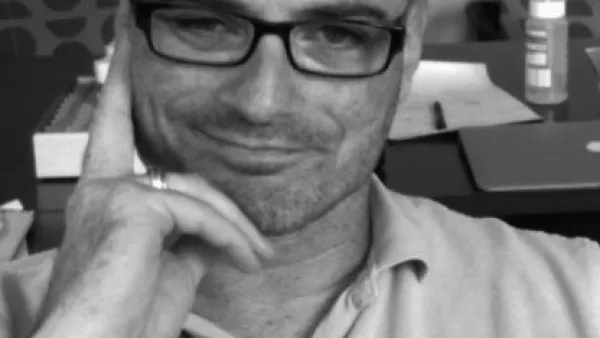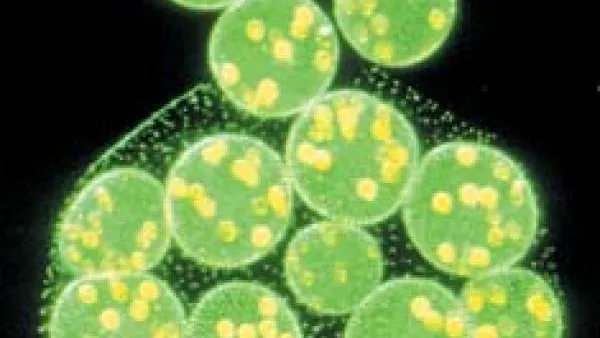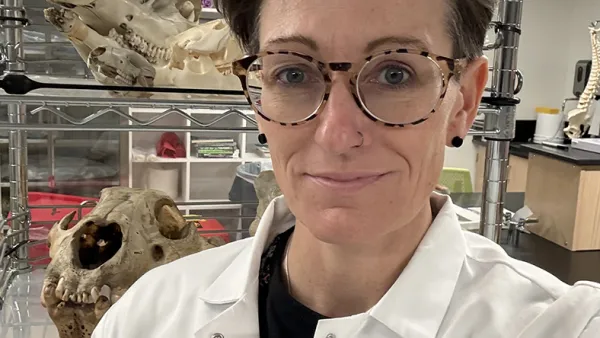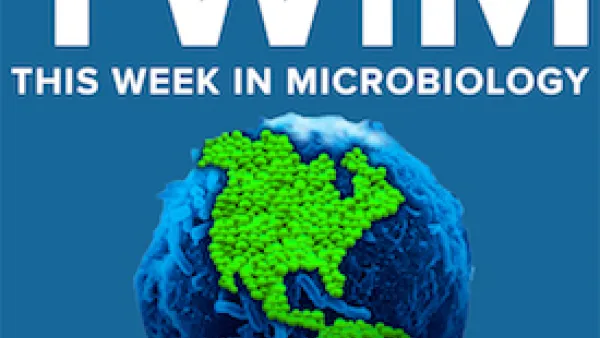Xuehua Zhong on epigenetics research and teaching
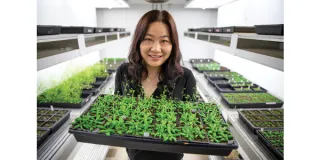
Xuehua Zhong grew up in a small town on the coast of southeast China. She spent much of her childhood out in nature and the ocean, musing over how natural processes work. Curiosity led her to ask biological questions, few of which were answered by teachers or textbooks. During summers, she traveled on the road with her father, who was in the transportation business. This exposed her to different natural environments, leading to new questions that he could not answer. She realized that humans simply don’t know enough about nature. In school, she pondered how germs spread and why they make people sick. A middle school science teacher inspired her to find her own answers by using the scientific method. The simple words “maybe you can figure it out yourself” became a guiding principle throughout her educational journey, one she passes on to her students now.
Zhong is the youngest in her family and the first generation to attend college. The desire to discover answers to increasingly complex questions motivated her to continue in higher education and pursue a career as a research scientist and professor. She earned bachelor’s degrees in microbiology and immunology at Wuhan University in central China, followed by a PhD at Ohio State University, where she shifted to plant biology. She began studying viruses and realized that the virus she was working with had a connection to epigenetics.
Epigenetics examines how behavior and environment cause changes affecting the way genes work. Unlike genetic changes, epigenetic changes are reversible and do not change one’s DNA sequence but can change how the body reads a DNA sequence. In 2007, the field of epigenetics was only a few years old. For someone who loves to ask questions that don’t yet have answers, this time was the perfect opportunity for Zhong to pivot her research focus to epigenetics.
On top of conducting epigenetics research, she began teaching a class about the field, one of the first of its kind. The Bio 4344 Epigenetics class starts with frontiers and history, followed by epigenetic regulation, functions and mechanisms, showing how changes in epigenetic pathways can lead to problems with development and diseases. Zhong gives students an overall view of what we already know, and what we have yet to discover. This leads students to start asking questions that they, and scientists as a whole, will work toward answering in the future. She finds WashU undergrads enthusiastic, engaged, and motivated, which inspires her teaching in turn.
“I like teaching undergraduate students because I enjoyed interacting with my professors when I was an undergrad. When I started getting familiar and interacting with a professor, I could see myself in them, and this helped shape my future career interest. Growing up, I had an idea of a stereotypical professor: a man that is rigid, traditional, and unapproachable. As I progressed, I realized professors are just human and I could be one of them. I want to be a role model as a non-traditional modern female professor. I tell my students they can be in the same position as I am in 10 years, if they want,” Zhong explained.
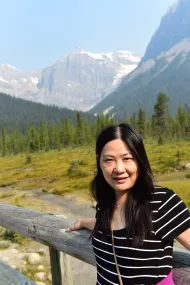
Class meets twice weekly. One day is a lecture on current knowledge; the other has students leading discussions where they bring interesting questions to the class. For example, they talk about how vitamin C regulates epigenetics and germline development, and question why certain animals can synthesize vitamin C themselves, but others, such as humans, must obtain vitamin C from outside sources. Why did humans lose the ability to synthesize it on their own? This question becomes more important since vitamin C deficiency leads to diseases. Another topic questions why the giraffe has a long neck. Does it have a genetic base or did it evolve over time? Students use points of views of famous historical scientists like Darwin and Lamarck to explore different facets of these questions.
“This whole field only has ~20 years of history. We used to think that if genetic information is the basis behind everything, we should be able to solve every problem within the human body by completing the human genome sequence. But completing this task in 2001 only led to more questions related to epigenetics. Sometimes, knowing more things raises more questions. We are still far away from fully understanding nature. I hope to inspire undergrads to keep questioning and finding answers themselves,” Zhong said.
In her free time, Zhong plays tennis in Forest Park with her family, along with hiking and visiting national parks all over the world. Recently, they traveled to hike Mount Fuji in Fuji-Hakone-Izu National Park in Japan. She also visits her family in China at least once a year.
To learn more about Zhong’s research, visit https://sites.wustl.edu/zhonglab/.
